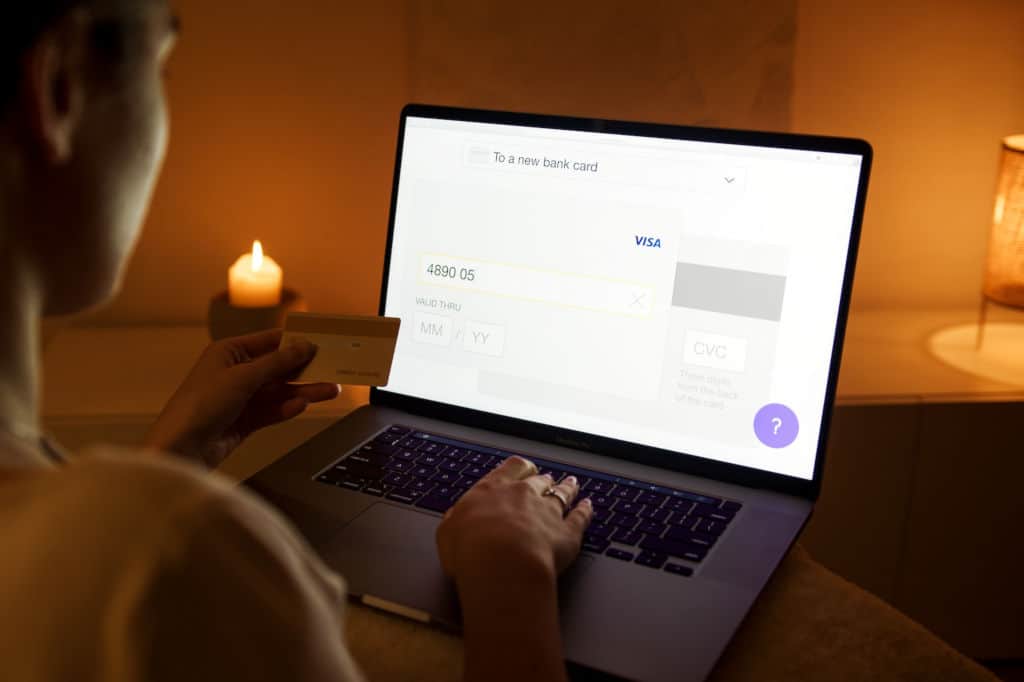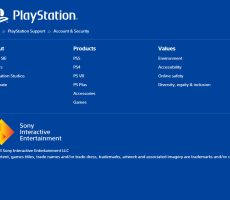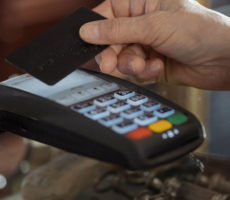Welcome to our insightful exploration of bank accounts and debit cards, where we unravel their key differences and help you make informed financial decisions.
Key takeaways:
- Bank accounts are financial storage and management tools, while debit cards provide convenient access and payment options.
- Bank accounts offer interest on deposits, while debit cards come with rewards or cashback benefits.
- Debit cards have daily spending or withdrawal limits, while bank accounts generally do not.
- Debit cards are generally considered more secure for online payments due to fraud protection, limited access, and transaction monitoring.
Dive into this concise and helpful guide to uncover the best option for your online payments, bill payments, and more – because when it comes to money, knowledge is power!

Bank Accounts: A Quick Overview
A bank account is a financial tool that allows you to safely deposit, withdraw, and manage your money.
They come in various forms, such as savings accounts, checking accounts, and money market accounts, each with its own unique features and benefits.
A bank account is crucial for managing your day-to-day financial activities, from receiving your paycheck to transferring money and paying bills. Furthermore, bank accounts often provide interest on your deposited funds, allowing your money to grow over time.
Debit Cards: A Quick Overview
A debit card is a plastic or digital card issued by your bank or financial institution, directly linked to your bank account.
It offers a convenient way to access and spend your money without carrying cash or writing checks. Debit cards, including virtual debit/credit cards, can be used for a wide range of transactions, including in-store purchases, online shopping, and ATM withdrawals.
The amount spent with a debit card is immediately deducted from your account balance, making it a useful tool for budget-conscious individuals who want to closely monitor their spending. Note that you can have two debit cards for one account in some cases.
Additionally, debit cards often come with various rewards, such as cashback or discounts, enhancing your shopping experience.
Key Differences Between Bank Accounts and Debit Cards
While bank accounts and debit cards are closely related, it’s important to understand their key differences to make the most of your financial management:
- Functionality: A bank account is a financial storage and management tool, whereas a debit card is an access and payment tool that draws funds from your bank account. The account holds your money, while the card allows you to spend it with ease.
- Types: Bank accounts come in various forms, such as savings, checking, and money market accounts, each with distinct features and purposes. Debit cards, on the other hand, are generally a one-size-fits-all tool linked to your account for spending purposes.
- Interest and rewards: Bank accounts, particularly savings accounts, often offer interest on your deposited funds, enabling your money to grow over time. Debit cards, in contrast, typically provide rewards, like cashback or discounts, based on your spending habits. (learn how to check if your debit card is working)
- Spending limits: Debit cards may have daily spending or withdrawal limits imposed by the bank, restricting the amount you can spend or withdraw in a single day. Bank accounts, however, generally do not have such limitations, although some banks may have transaction restrictions.
- Overdraft protection: With some bank accounts, you may have the option to access overdraft protection, allowing you to spend more than your available balance for a fee or interest charge. Debit cards, conversely, will typically decline a transaction if there are insufficient funds in the linked account.
Understanding these key differences can help you better manage your finances and make informed decisions when using your bank account and debit card.
Which One Is More Secure for Online Payments?
When it comes to online payments, both bank accounts and debit cards offer various security measures to protect your transactions. However, debit cards are generally considered more secure due to a few reasons.
First, it’s fraud protection. Debit cards often come with zero liability protection, which means you won’t be held responsible for unauthorized transactions if your card is lost or stolen, as long as you report it promptly. However, if you activate a new debit card, you might be curious if the old one will still work.
The next reason is limited access. In the event of a security breach, debit cards provide limited access to your funds. Even if your card information is compromised, the fraudster can only access the money in your linked account, whereas direct access to your bank account could expose more of your funds.
Finally, we have transaction monitoring. Banks and financial institutions actively monitor debit card transactions for unusual activity, which helps detect and prevent potential fraud.
It’s essential to take extra precautions when using either method for online payments, such as using strong, unique passwords and enabling two-factor authentication.
Which One Should You Use for Bill Payments?
The choice between using a bank account or a debit card for bill payments depends on your personal preferences and financial habits:
- Bank accounts. Setting up automatic bill payments through your bank account can be a convenient way to ensure your bills are paid on time without having to manually initiate the payment each month. This method is suitable for fixed recurring expenses, like mortgage or rent payments, utility bills, and loan installments.
- Debit cards. Paying bills with a debit card provides more flexibility in timing and control over your spending. This method might be preferable for variable expenses, like credit card bills or irregular payments. Additionally, using your debit card for bill payments may help you accumulate rewards or cashback, depending on your card’s features.
Ultimately, the choice between a bank account and a debit card for bill payments comes down to your financial management style and the benefits offered by your bank and card.
FAQs
Do debit cards come with every bank account?
Debit cards are typically issued with checking accounts, but not all bank accounts come with a debit card. It depends on the type of account and the financial institution’s offerings.
Can you use a debit card with an empty account?
No, you cannot use a debit card with an empty account, as transactions will be declined if there are insufficient funds in the linked account to cover the purchase amount.
How do spending limits differ between bank accounts and debit cards?
Debit cards often have daily spending or withdrawal limits set by the bank, restricting the amount you can spend or withdraw in a single day. Bank accounts generally do not have such limits, although there may be transaction restrictions depending on the account type and bank policies.





